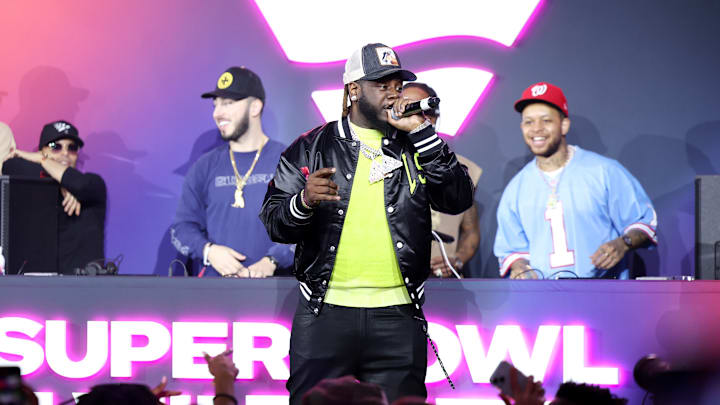It is the Grammy-winning artist T-Pain who has made himself known with his number one hits and a distinctive Auto-Tune signature who has lately surprised the music world with his frank confessions. T-Pain discusses in an interview with The Hollywood Reporter how he received backlash for using Auto-Tune as well as his experience with writing country songs undercover.
Ghostwriting in the heart of Nashville
T-Pain, whose real name is Faheem Rasheed Najm, has been reshaping the country music scene globally and stealthily. Lennie Gray, the British singer-songwriter-producer, is responsible for a lot of country chart-toppers, but he has always remained in the shadows.Why? According to T-Pain, it is about survival.
"I wrote a lot of country songs,” T-Pain reveals, “and the country songs wrote me back.” He explains that racism within the genre made it challenging for him to receive proper credit. “I dealt with a lot of ‘yeehaw’ and not enough ‘thank you,’” he says, referring to the stereotypical image of country music."
Usher’s auto-tune criticism: A turning point
In 2009, hip-hop mogul Jay-Z famously declared the “Death of Auto-Tune” in his track “D.O.A.”, urging artists to return to authentic rap. T-Pain, who had popularized Auto-Tune in the mid-2000s, felt the heat. But it was Usher’s comments that hit him the hardest. In the 2021 Netflix docuseries This Is Pop, T-Pain revealed that Usher’s criticism sent him into a depression back in 2013.
"Usher’s words cut deep,” T-Pain admits. “I questioned my artistry, my identity. But I’ve come out stronger.” He emphasizes that Auto-Tune was never a crutch; it was a tool that allowed him to express himself uniquely. “I’m not ashamed of it,” he declares. “We’ve been fine"
The road ahead
Despite the challenges, he plans to continue ghostwriting country songs, ensuring that the melodies and stories resonate with audiences. “Country music is about storytelling,” he says. “And I’ve got stories to tell.”
As T-Pain’s revelations continue to reverberate through the industry, one thing is clear: his unfiltered honesty is refreshing. Whether he’s crooning a country ballad or riding the Auto-Tune wave, T-Pain’s legacy is etched in musical history.
